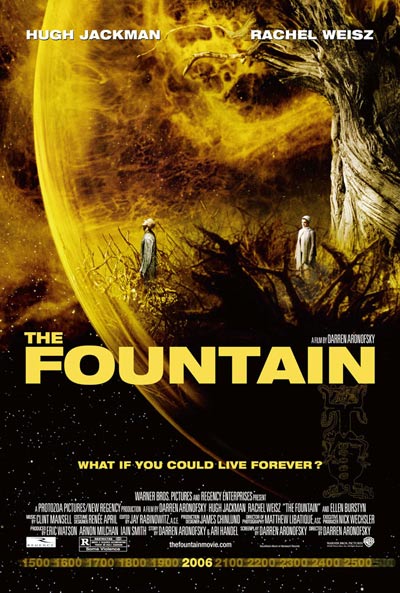I've just seen this film:

I'm not going to go into it except to mention that you should watch it, as if you're going to listen. It is, as the poster and tagline imply, about life and death and trees and a bald guy floating around in space.
I was watching it today for something like the fifth time since it came out, and it didn't shake my world as much as it had some of those previous times, except for what I later understood to be the surprisingly novel sensation of giving serious consideration to metaphysical issues.
My mind has been occupied, when it in fact had been occupied, by moral issues instead. It had and still does disturb me how ignorant people are of the moral consequences of their general complacency.
I do still mean what I said a few posts and more months back about our collective thinking being hijacked by self-impelling institutions like nationalism, orthodoxism, and fascism (as expressed by adoration for the strong and contempt for the weak - a trait very prominent in capitalism, for one).
People have a general tendency to accept that what serves the nation, custom, or unrestrained enterprise is good, without pausing long enough to consider who this kind of thinking serves and who it causes untold suffering to.
So I've been trying very hard to keep my mind clean of this, and it's even managed to spill a little into my behaviour and conversation, but what I've only noticed now is that it appears to have taken over the whole of the area of my brain devoted to "serious issues" and to have pushed out almost all of my previous musings about spirit and beauty and love and emotion almost clean out.
I stopped being religious close to a year ago now, essentially because of the moral issues I occasionally try to explain here. Its spiritual aspect seemed genuine but not exclusive enough to itself to warrant the intellectual subjugation that it by definition demands. So I'm left now with a fragile but sincere and workable moral framework in its stead, but almost none of the presumedly much easier to get hold of spiritual take on the world.
Because I haven't been looking. It's difficult to speak (or even think) metaphysical mumbo jumbo without having a very rich religious tradition backing you up. The fact is, on this subject, you are always blowing up a bubble. You can be made to feel comfortable inside it if other, "respectable" people have tried to blow it up before you, but otherwise, I guess you just have to feel less comfortable inside it.
Or you could try to find more about the non-denominationally affiliated people whose work you're continuing. I'm not the first secular man or even just non-frothingly-exclusivist-Jew (Rav Kook comes to mind) to take the issue of spirit seriously. So I guess I'm setting myself some rather vague reading assignments, as well as reminding myself to write here more often and allow and actively encourage myself to think seriously too about matters not involving morality and nefarious forces' relentless scramble for my brain.
Neil Young is not really relevant to any of this but he is awesome, so have a song:


